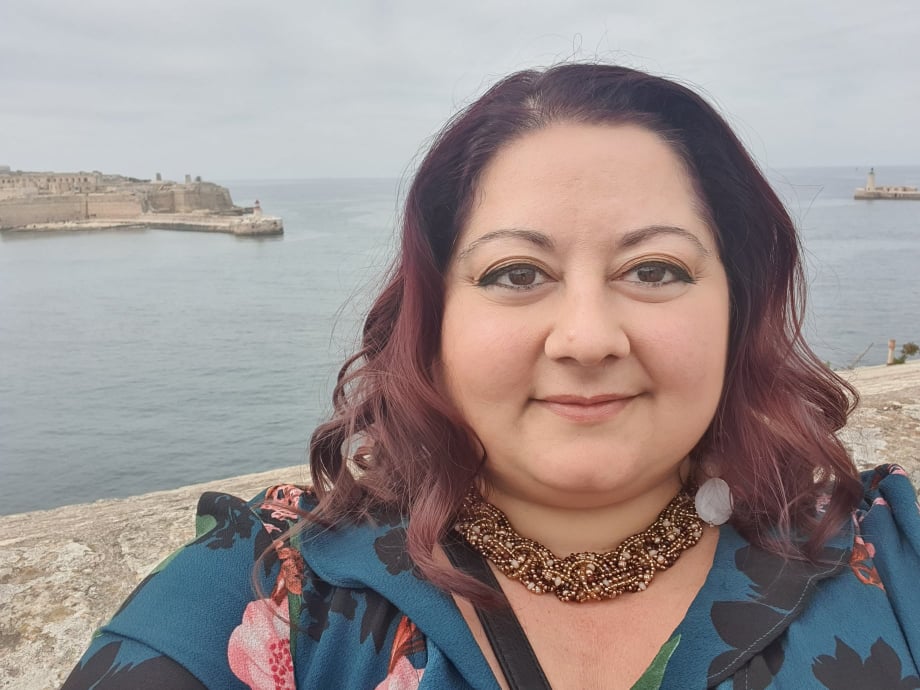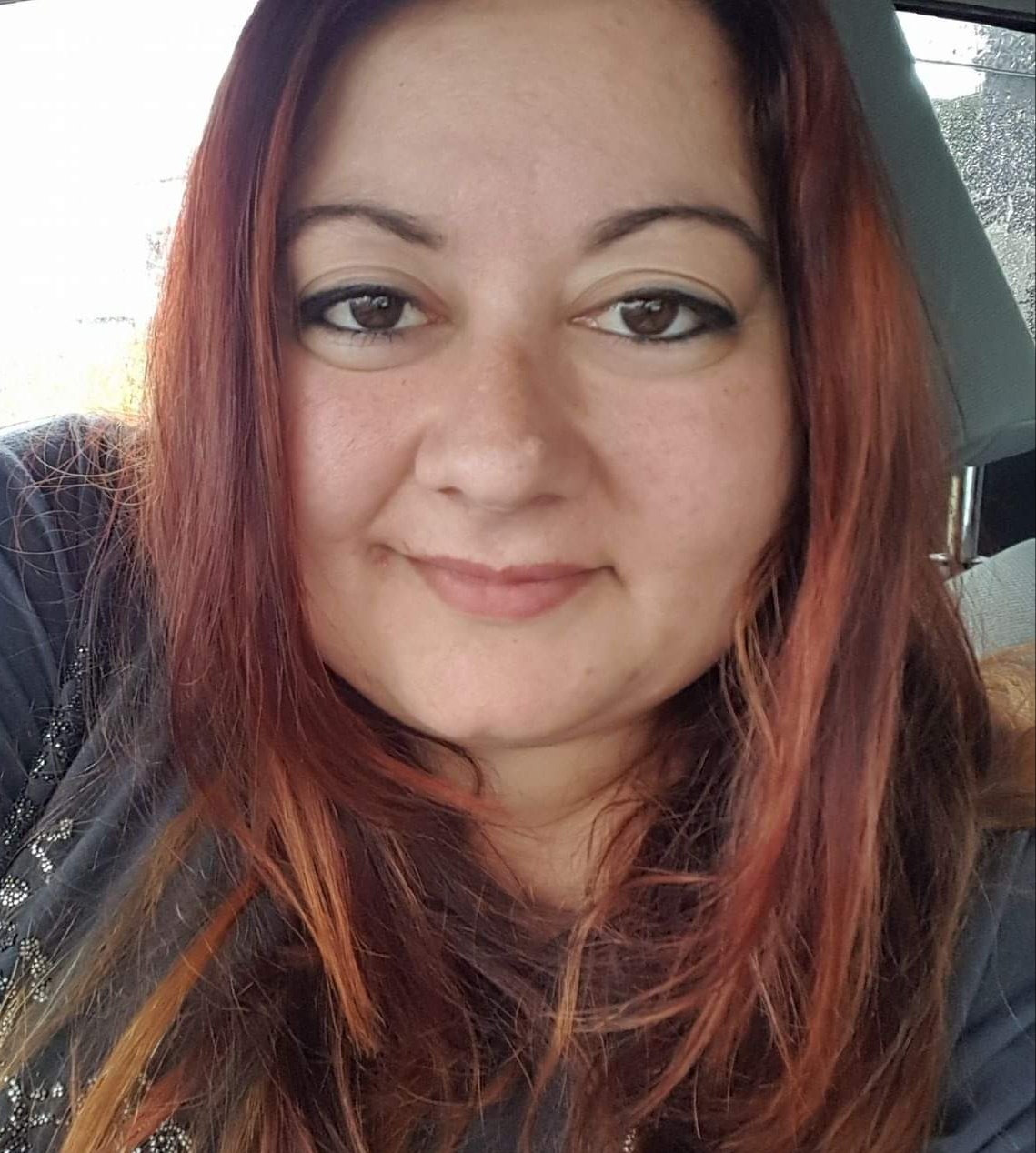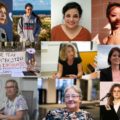
Back in 2015, Francesca Fenech Conti set up the all-female Facebook group Women for Women (Malta). Throughout the years, this group gave women a voice, whilst previously undiscussed and stigmatised issues started being brought up. This once small group has now grown into a community of more than 41,000 women who aim to support each other. In November 2019, a group of women from this community got together to set up the Women for Women Foundation which works hand in hand with experts in domestic violence, homelessness and mental health. Through the Women for Women Social Fund, the Foundation supports women and their families through difficult times whilst guiding them to achieve financial independence through further education and training.
Wham sat down with Elaine Compagno to learn more about her role in the Women for Women Foundation and on how the Foundation has been helping women in need along with their children for the past months.
Thank you for joining us for this interview Elaine. Can you tell us more about yourself?
It’s a pleasure. I’m the project manager for Women for Women Foundation, a feminist, a creative, a student and a mother to two awesome teenage girls. I have survived domestic violence myself and 13 years ago had been forced to start life over with two very young children. To say it was difficult is an understatement, but it was this struggle that led me to study and work in the area of women’s empowerment and development. It has always amazed me that women face very similar problems, are told the same (exact) abusive phrases and are treated with the same contempt and dismissiveness.
In 2012 I led a small group of domestic violence survivors and together we set up a service (SOAR at St Jeanne Antide Foundation) that supports survivors of domestic violence. The stories that women disclosed to me were almost identical. It is a tragic realization that so many women experience the same violence and abuse at work, in public and at home. I doubled down, studied hard and set myself on a mission to raise awareness. I have given training workshops and lectures to countless students, practitioners and professionals, including the Judiciary. Researched and wrote pages upon pages of policy recommendations. Perhaps in my naivety I held a strong belief that things could change, if only the policy makers understood what women were going through and how they were held back.
But looking at my own growth, I realized that we don’t have time to sit around and wait for the State to fix structural oppressive elements. We need to look out for ourselves and each other, woman to woman. And I think that’s why I decided to work with Women for Women Foundation and study for a Masters in Knowledge-based Entrepreneurship with CEBI at the University of Malta. I believe that women deserve access and opportunities to improve their economic stability for the benefit of themselves, their children and the wider community.
What is your role in the Women for Women Foundation?
I’m the project manager, but really, I do a bit of everything as needed. When an organization – or an enterprise for that matter – is small and you’re there at the start, you’ll be getting your hands into everything that needs to be done. But now we’ve been growing the team and my role is starting to have more definition. I oversee our team, making sure our cogs are well oiled and our project tasks are running on time. I train staff, I’m involved in the recruitment processes and problem solve as needed.
My favourite part of my role is when I’m with Francesca and we’re brainstorming and strategizing for future projects. It’s such a joy to see the team come together like an orchestra, everyone doing their own bit to make it all happen in sync. ‘Project manager’ may sound like a fancy job title, but every single member of the team is as important, appreciated and valued. We’re like family, a sisterhood where we have each other’s backs.
What are the main reasons for which women contact the Foundation to get help?
Almost all the requests for help stem from women’s economic disadvantage. They are women who don’t have the money or the income to live decently or to fulfil their self-development plans. We have requests from many women raising children alone, often abandoned by the person who made those children with her. It is heart breaking to see how many women reach us that have run out of food and nappies for their infants. One woman called us crying to thank us and send images of her fridge filled with the nutritious fresh foods we sent her that day. Another messaged us to tell us she had finally seen her friend smile for the first time in a long time.
Food and the lack of it really has an impact on a person’s dignity and mental health. It is a basic need that women shouldn’t have to beg for. Can you imagine how demoralizing it is for a woman who is trying her best to study, or work and still ends up in such situations because she’s not entitled to a rent subsidy, or because she can’t get her children into childcare because the father won’t consent to it? That’s why we focus on giving food packages containing fresh food that’s in line with the family’s dietary requirements – because healthy good food is a socio-political statement. It tells her, ‘This is not a hand down, it’s a hand up, because you are worthy and food is your basic right’.
Then some women contact us because they’re looking for work, and sometimes for advice. But mainly, they come to us because they can’t cope, they want to thrive but they’re barely surviving.
How are women and their children benefiting from the Women for Women Foundation?
Requests come in through our page messaging system every day and our support workers engage them in friendly non-judgmental discussion to get to know them and understand their situation better. We will ask for details of their social worker and permission to contact them. Women for Women Foundation collaborates and works closely with other State and NGO social workers. We work together on behalf of the same client, making sure that the support we’re offering fits in with the care plan that their social worker has drawn up and that we’re not duplicating. We also receive referrals from practitioners asking if we could support their service-user with a specific need.
Women who need support getting on with their plans to change their circumstances and lead better, safer and more secure lives are supported with their most pressing needs. Women often have many layered needs; they are multiple and complex. The support worker does an evaluation of the needs and discusses which of these we can support with. Sometimes, when the needs are something that we don’t cater for or when they require a more professional hand, it is necessary to make referrals or to sign-post the client to other specialized services or agencies.
The most frequent needs we see are for basic supplies like baby needs and food. Sometimes, following an evaluation, some assistance with paying a bill, rent or rental deposit is deemed necessary and sometimes support with educational costs is evaluated as a worthy investment in a woman’s plan. Some needs can be fulfilled with pre-loved items and goods donated by the community. The Women for Women (Malta) Facebook group community are an essential part of making the Foundation work. It is through their donations that we’re able to assist women who need items that some women may no longer be using. It’s not only a good social thing to do but it also make great environmental sense. Some needs are better fulfilled and more sustainable in the long run with a new purchase, such as with low energy consuming washing machines. We also provide zoom sessions and mentoring with clients to discuss finance and budgeting, to give new tools and skills that can support a woman’s efforts to lead a sustainable life and encourage a new way of thinking about her economical stability and independence.
In everything we do we aim to be practical, non-judgmental, fast and effective.
How does the Women for Women Social Fund work? Is it coping with the demand for financial help and needed services?
As a Foundation, we rely entirely on donations. That is funding that comes in through monetary donations and the donation of goods or services.
Aware that the local NGO grant opportunities are ever decreasing in size, becoming more competitive and increasingly administrative heavy, our path is the one of least resistance. We want to spend more time getting on with it and reaching more women rather than being bogged down in an office filling-in unnecessary bureaucratic paperwork for a project grant that doesn’t allow flexibility. Unlike many NGOs, Women for Women Foundation stands on the shoulders of a large community of women who are determined to help and support other women. This is what allows us to work differently and respond faster and more flexibly to women’s needs.
We liaise and form partnerships with companies and other businesses too that can support our work, perhaps by donating their products, offering us reduced prices on the items we need to purchase and supporting us to find employment for women looking for work. We engage a wonderful team of volunteers, who bring an astonishingly diverse set of skills with them, to help us with different elements of the project processes; washing and sorting donated baby clothes, brokering partnerships with the corporate world, doing research, mentoring or even simply making collections and deliveries.
We tirelessly fundraise to raise money for the social fund. Providing an effective, life-changing, resource-heavy level of support is costly, but we’re filling a gap no one else is filling, giving women access, freedom, safety, peace of mind and a sturdy stepping-stone to take themselves to the next level.
We know that the requests will continue to grow and we will start to need more resources and staff to cope with the demand. The key to meeting this increase is being prepared and Women for Women Foundation are already planning the way forward, being creative with its social enterprise arm and thinking outside the box.
How can we, the public, support more women and their children through the Women for Women Foundation?
The local community can do marvelous things when it comes together, and research shows that the whole community benefits when women benefit and fair better. Children benefit when their mothers cope better and become economically stronger. Supporting women is an invaluable investment in women, in children and in the larger community.
Monetary donations give the Foundation the freedom and flexibility to take fast action, having maximum social impact. Donations are always welcome through our website https://womenforwomen.foundation/donate/ . It’s really easy to set up a small monthly recurring donation, a form of ‘subscription’ to a Foundation on a mission to make a difference in the lives of women and children.
Other ways to support include offering goods and services when the Foundation issues calls for such. Due to a lack of storage space, we cannot take items that have not been requested already by a client.
One can also support by answering to calls for volunteers that the Foundation will issue from time to time, inviting friends to the Women for Women group and sharing our online fundraising campaigns with friends. Every little bit counts.
Claire Galea is a mum of three currently reading for a Degree in Nursing at the Faculty of Health Sciences, University of Malta, as a mature student. She is keen about holistic patient-centered care as well as public education about health-related subjects, which she frequently writes about on Wham as a Content Writer and Website Editor.
Claire is also passionate about spreading awareness on the negative effects that domestic abuse leaves on its victims’ mental, emotional, social and physical wellbeing. She is the author of two downloadable ebooks, namely Heal Your Life Forever and 5 Simple Steps To Creating The Life Of Your Dreams.
Click here to check out Claire’s full bio as well as a list of all her Wham published articles





